March is colon cancer awareness month. Each year my practice participates in promoting awareness for this treatable cancer by participating in local events and creating content that helps educate others on how to prevent and beat colon cancer.
As we’re in the midst of the COVID-19 pandemic, it’s important to emphasize the importance of not putting off necessary health maintenance services like colon cancer screening or not seeking an evaluation for digestive symptoms. The key to beating this cancer is early detection. When detected in a localized stage (has not spread outside of colon or rectum), the 5-year survival rate is 91%.
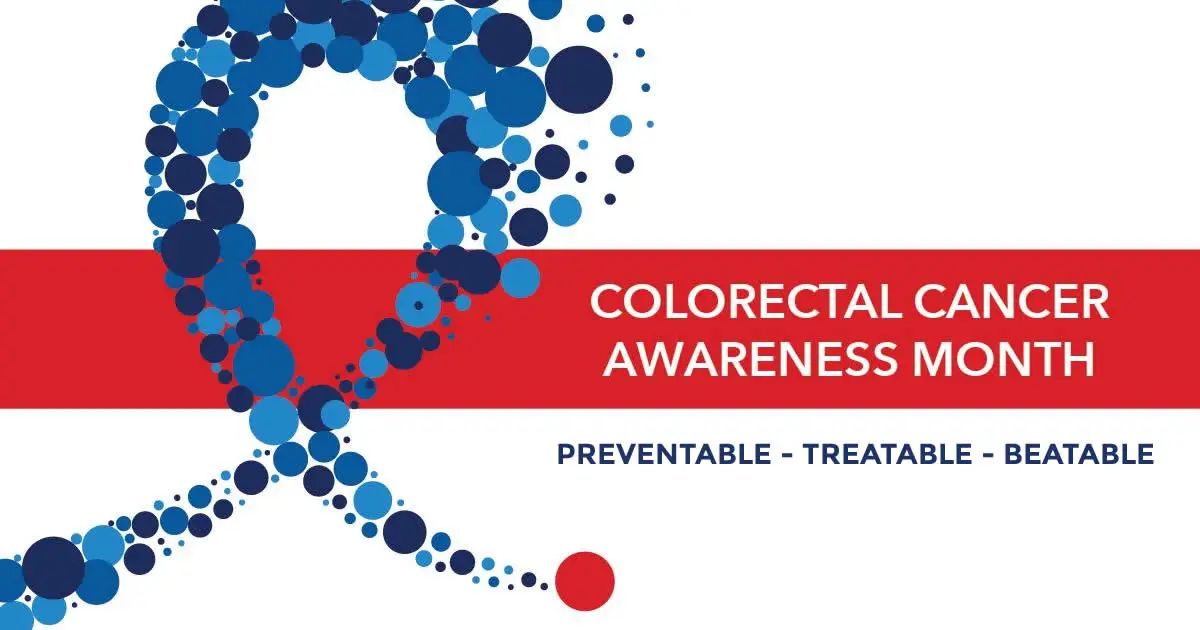
Read The Article
You may think of colon cancer as a disease that affects older adults. This is not always the case. There is a growing problem of colon cancer in young adults. The media recently shined a light on this problem after the death of actor Chadwick Boseman from colon cancer at age 43.
Colon cancer is a leading cause of death throughout the world. Young adults are not immune to this deadly cancer.
Throughout my career thus far, I have unfortunately diagnosed colorectal cancer in many young adults. Many of them had been having symptoms but were not sure what to make of them. It is important to shed light on this topic and get people thinking and talking about the importance of early diagnosis and treatment. When colon cancer is diagnosed early, it can be beaten.
This article will discuss the increasing trend of colon cancer in young adults. I’ll first highlight colon cancer statistics and the potential causes of colon cancer in young adults. I’ll then explore how you can reduce your risk by modifying colon cancer risk factors. Lastly, I’ll discuss colon cancer symptoms, so you know when to see a gastroenterologist.
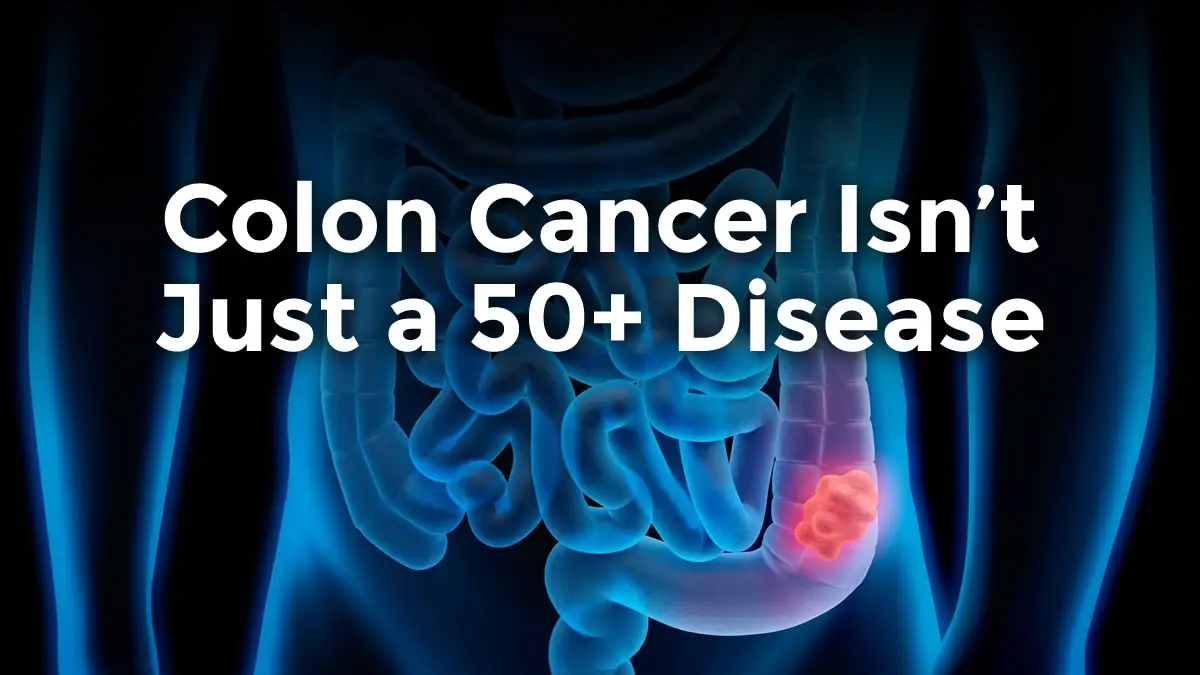
Read The Article
Deciding whether or not you should be taking probiotics can be a confusing subject. From diarrhea and constipation to clearer skin and immune benefits, they have been touted as being useful for a wide variety of issues. When you combine that with all the talk of keeping a healthy gut and microbiome, it can be easy to assume you should be taking a probiotic daily.
Although I do not feel that probiotics are the answer to everyone’s health conditions, it’s important to understand when they can be helpful and how they could potentially enhance your health.
Before we get into if adding these strains of bacteria are the right choice for you and the science behind them, let’s begin by discussing what probiotics are and how they work.

Read The Article
When dealing with gastrointestinal issues, you are asked one question over and over…
Are you getting enough fiber?
Why Does Fiber Help Digestion?
You may have heard over and over again how important fiber is for your health, but you may not understand why it has such an impact. Fiber plays a unique role in digestion it is not broken down into nutrients but instead stays intact as it makes its journey through your intestines.
A diet high in fiber can help keep your heart healthy, slow down the absorption of sugar through the gut wall, and aid in weight management. Getting enough intestinal fortitude ensures your digestive system runs smoothly. Allowing for a more comfortable pooping experience.
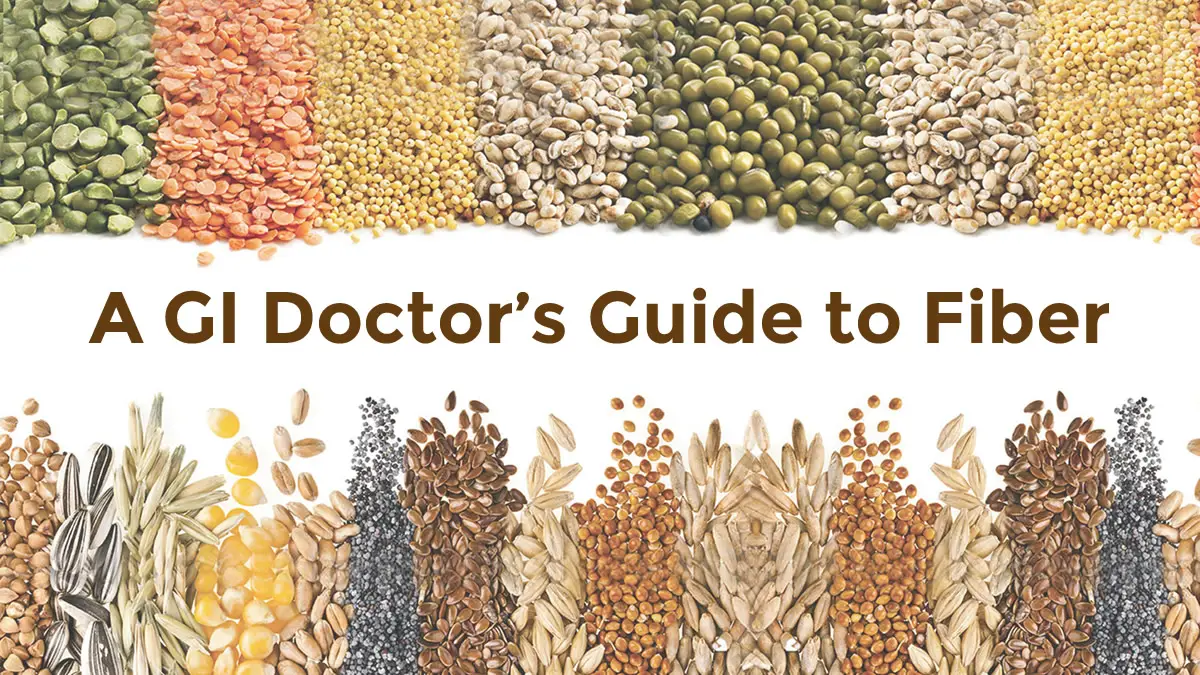
Read The Article
Read More
Read The Article
Constipation can be disruptive and even painful. Sometimes it seems to hit from nowhere, making you more and more miserable. Or maybe you’ve been living with constipation for a couple of weeks now, but the over-the-counter stool softeners and laxatives are only a temporary fix. There’s usually a reason behind your constipation — sometimes minor, sometimes serious, so it’s a good idea to pay attention and figure out why your bowel movements have slowed down — what can it mean?

Read The Article
Read More
Read The Article
You don’t have to look far to see the importance of gut health being discussed. It seems everywhere we turn someone is talking about the gut microbiome and how incredibly important it is for our well-being.
This is because your gut is the home of your immune system, over 40 trillion microorganisms, and is an indicator of your overall health. This complex system has been linked to numerous diseases, including autoimmune disease, diabetes, liver disease, cancers, heart disease, and of course, gastrointestinal (GI) diseases.
So, if you find yourself struggling with persistent gut related issues, it isn’t something you should ignore. Sometimes when you have a GI problem, it’s a red flag of an underlying cause or of health issues that could get worse if left untreated. Either way, don’t ignore warning signs, instead tackle them head on – you could end up saving yourself pain, time, and money down the road.
If you’ve never seen a gastroenterologist before but are struggling with digestive issues, you might wonder when it’s time to see a GI doctor. I’ve created a list of the top 9 reasons to see a gastroenterologist in Plano, TX area to help educate others on the most common symptoms and help lessen any apprehension towards seeing a GI doctor.
Read The Article
What is SIBO?
National Center for Biotechnology Information defines small intestinal bacterial overgrowth (SIBO) as the presence of excessive bacteria in the small intestine. In most patients, SIBO is not caused by a single type of bacteria, but is an overgrowth of the various types of bacteria that are commonly found in the colon. The small bowel is meant to be a sterile environment. When bacteria make their way into the small intestine, it can be very destructive to your digestive health and your overall well-being.
SIBO is now thought to be a potential cause for Irritable Bowel Syndrome.
What Causes SIBO?
The cause of SIBO is usually complex, and is likely a combination of several events. In order to prevent SIBO, our bodies have protective mechanisms to defend ourselves against SIBO. Some of these mechanisms are gastric acid secretion and the presence of a valve between the large and small intestine (ileocecal valve) that are meant to prevent bacteria from refluxing back or making their way into the small intestine. Whether the issue is that these protective mechanisms fail or there is another trigger (e.g. stress, food), the underlying cause of SIBO is that the motility of the small intestine is slowed down to a level that allows more bacteria to grow in an area where they do not belong – the small intestine. Once this process occurs in your small bowel, you begin experiencing symptoms of SIBO.
Read The Article
A stool or bowel movement is defined by the National Institute of Digestive Diseases as what is left after your digestive system (stomach, small intestine, and colon) breaks down and absorbs nutrients and fluids from what you eat and drink. While no one likes to talk about it, regular bowel movements are imperative to our health. In this blog article I’ll briefly cover what to be aware of in regards to bowel movements and what they can be indicative of in terms of our digestive health.
Bowel Movements – What Should I Be Aware of?
Unless you are suffering from intestinal issues, most of us don’t spend a lot of time thinking about our bowel movements. If you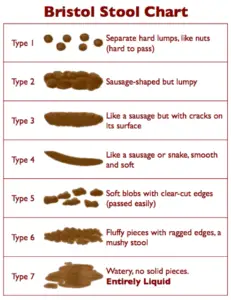 were asked to describe a normal bowel movement could you do it? Since there is no a standard definition of a “normal” bowel movement, don’t be worried if you struggled with that question. Bowel movements are highly individualized based on factors like diet and exercise. The key thing to be aware of is what is normal for you. Take note of the four characteristics below and let you doctor know if any of them change dramatically. It’s helpful to create a log of any changes with dates and use the Bristol Stool Chart diagram to describe the shape.
were asked to describe a normal bowel movement could you do it? Since there is no a standard definition of a “normal” bowel movement, don’t be worried if you struggled with that question. Bowel movements are highly individualized based on factors like diet and exercise. The key thing to be aware of is what is normal for you. Take note of the four characteristics below and let you doctor know if any of them change dramatically. It’s helpful to create a log of any changes with dates and use the Bristol Stool Chart diagram to describe the shape.
Read The Article



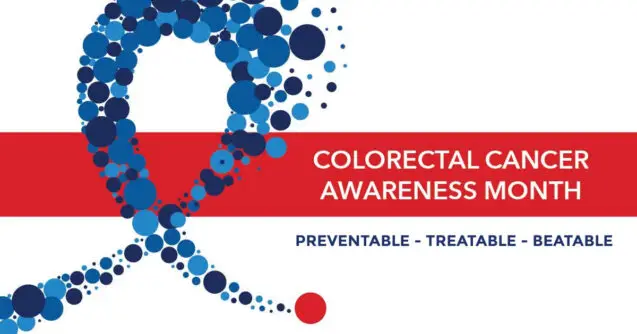
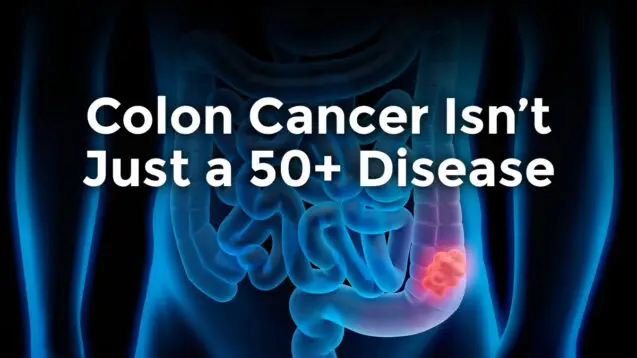



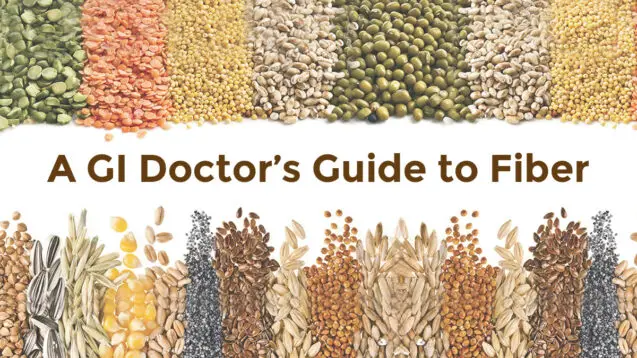

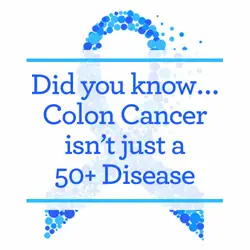
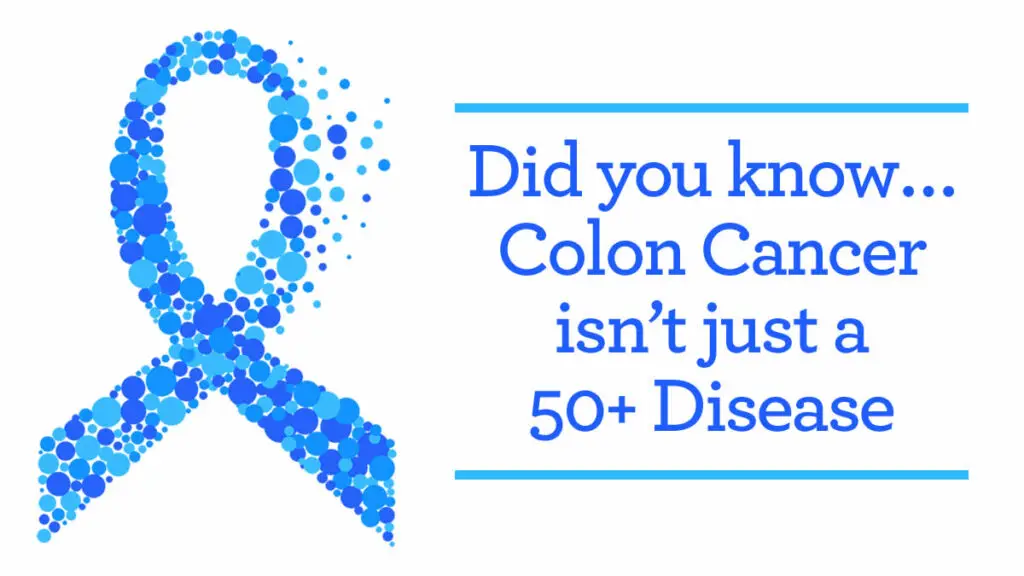






 were asked to describe a normal bowel movement could you do it?
were asked to describe a normal bowel movement could you do it?